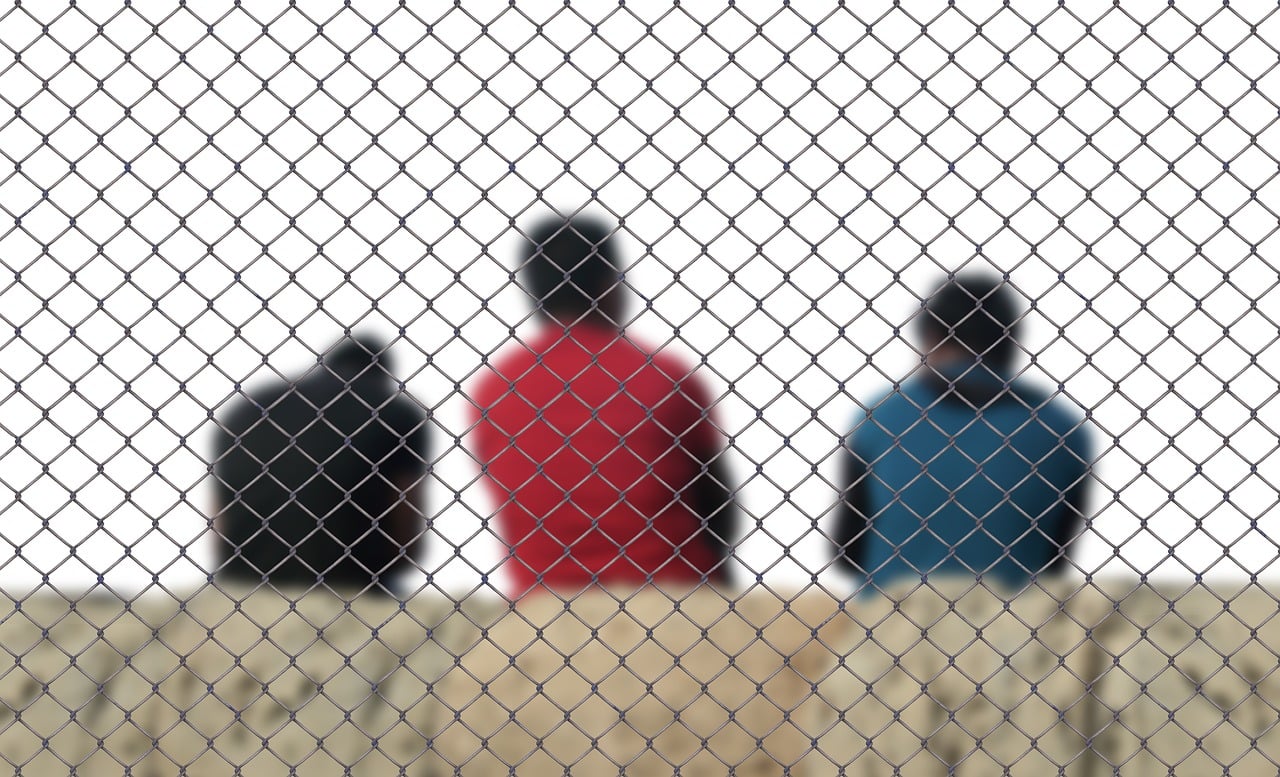ICE Raids Begin Sunday, But Targets Are Getting Dangerous Advice; Why People Should Not Tell Agents to Slip The Warrants Under Their Doors
WASHINGTON, D.C. (July 12, 2019) – ICE will reportedly begin deportation raids early Sunday, but targets are being given dangerous advice which could lead not only to their deportation, but also to deportation of other family members – so called collateral detentions – claims public interest law professor John Banzhaf.
Q2 hedge fund letters, conference, scoops etc
For example, some advocacy groups are suggesting that, if ICE agents come to the door demanding that the door be opened, and claiming to have a warrant, residents inside should first ask that the document be slipped under the door for their inspection.
But, in most cases, ICE officials will have only a deportation order which does not require that they be granted entry, or authorize them to use force to come inside, rather than an arrest warrant signed by a judge which, to be valid, must also contain the suspect's correct name, address, and date of birth.
Asking people who are terrified of deportation, not legally sophisticated, and who might have only limited fluency in English (much less legalize) to tell the difference between a mere administrative deportation order and a valid arrest warrant, especially if ICE agents misrepresent it, may not be very effective, and could jeopardize their rights and also the rights of other family members, he warns.
A much safer policy for at risk families is simply to say nothing when someone knocks, not even confirming to the agents that anyone is at home, rather than trying to determine for themselves the validity of any legalistic document which might be slipped under the door, suggests Banzhaf.
In the great majority of such cases, the agents will have little choice but to leave, says Banzhaf, because they are very unlikely to have a valid arrest warrant signed by a judge, and in any event would probably be very reluctant to attract attention and risk adverse publicity by forcibly breaking down a door.
The tiny chance of having to replace a broken door is very small compared to the much larger risk of misreading a legalistic document - and/or otherwise being tricked into opening the door - and risking mass deportations, not only of valid targets, but also of other family members who may be present, he argues.
Indeed, says Banzhaf, regardless of the circumstances, those approached by ICE agents should say nothing at all, even though advocacy groups suggest that they should formally announce that they are "pleading the fifth amendment and choosing to remain silent."
Saying anything at all makes it harder to remain silent later, and later could be misconstrued or even misrepresented by ICE agents since, he notes, "anything you say can be used against you."
Since ICE agents have reportedly been known to use many ruses to gain entry - e.g., saying they are looking for a friend, searching for witnesses, or even representing themselves as police, etc. - groups should advise at-risk families to simply refuse to converse with anyone who comes to their door seeking entry, regardless of who they claim to be and/or what documents or authority they claim to have, argues Banzhaf.
Advocacy groups are advising at risk families to "take pictures, videos, or notes," but taking accurate and detailed notes when a raid is being conducted would probably be almost impossible.
In any event, any such notes would have only limited legal value or persuasiveness, warns Banzhaf, who points out that the notes could be confiscated, or somehow allegedly "lost" by the agents.
Simply telling families to take videos (or audio recordings) may not be very effective without telling them exactly how to begin taking such recordings on their cell phones quickly when the need arises.
Trying to suddenly figure out which apps to use and buttons to push during a brief and emotionally draining crisis is a recipe for failure and deportation, he argues.
Moreover, simply making such recording may not be sufficient, since recordings on phones can easily be erased, or the phones could be accidentally "lost" or "damaged" during the raids.
It would be much better, he says, for at risk families to be shown how to insure that such audio or video recordings are sent in real time to at least one alternative storage location (e.g., into the cloud, to a server maintained for that purpose, or even to a friend, etc.) in case the phone with its vital recording is seized, damaged, or otherwise cannot be used if the legality of any entry is later challenged in court.
Whether or not individuals agree with the new deportation efforts, everyone should agree that, if such programs are to be carried out, the legal rights of all affected must be protected. This is especially true of lawyers, since they are dedicated to protecting the rights of all Americans, says Banzhaf.
JOHN F. BANZHAF III, B.S.E.E., J.D., Sc.D.
Professor of Public Interest Law
George Washington University Law School,
FAMRI Dr. William Cahan Distinguished Professor,
Fellow, World Technology Network,
Founder, Action on Smoking and Health (ASH),
2000 H Street, NW, Wash, DC 20052, USA
(202) 994-7229 // (703) 527-8418
http://banzhaf.net/ jbanzhaf3ATgmail.com @profbanzhaf





